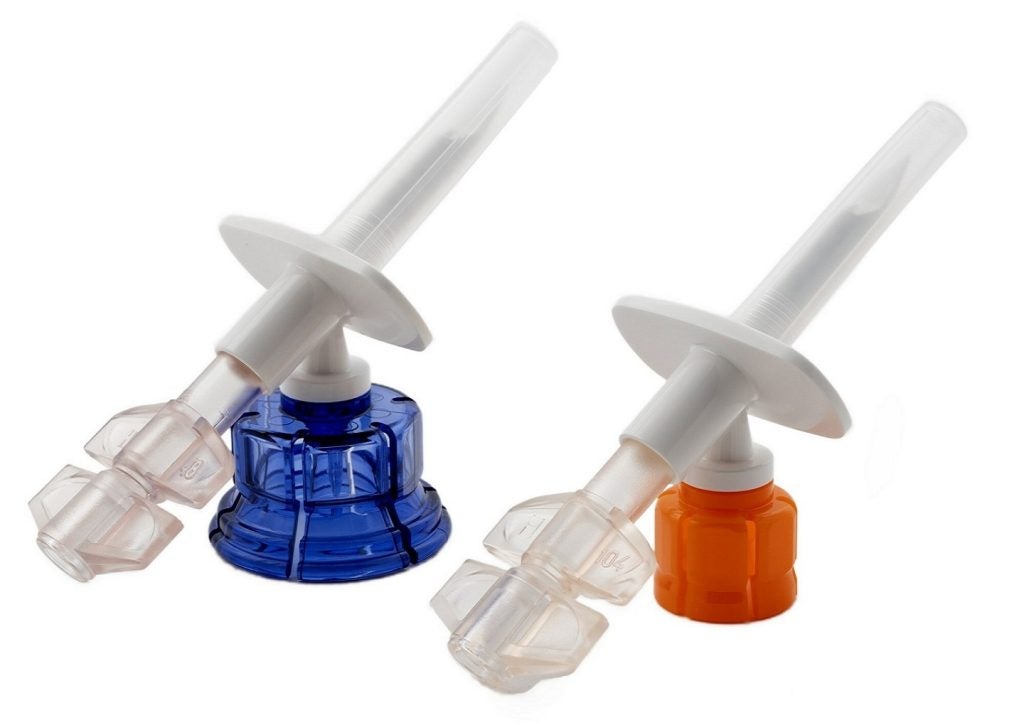Several pharmaceutical industry advocacy and lobby organisations have bandied together to release a joint industry statement supporting the Declaration on Climate and Health released at the ongoing COP28 meeting.
The joint statement is from associations in Europe, US, Canada, and Japan, like the Association of the British Pharmaceutical Industry (ABPI), European Federation of Pharmaceutical Industries and Associations (EFPIA), Pharmaceutical Research and Manufacturers of America (PhRMA), as well as The International Federation of Pharmaceutical Manufacturers and Associations (IFPMA) which represents over 90 pharmaceutical companies worldwide.
The declaration highlights the negative impacts of climate change on health, and details objectives to ensure better health outcomes, such as implementing adaptation interventions against climate-sensitive disease and health risks. The aim of the declaration is to strengthen the implementation of policies to protect populations most vulnerable to the health impact of climate change.
The COP 28 meeting is an international gathering of national leaders, regulators, and environmental scientists and is centered on efforts to set and meet climate-related targets.
In the statement, the industry bodies highlighted that pharmaceutical companies are global leaders when it comes to reducing carbon emissions, acting as part of global initiatives, and setting net-zero and carbon-neutrality targets. Many pharmaceutical companies have made net zero commitments, such as GSK, committing to become completely net zero by 2045. Amongst other announced initiatives, the company is starting an R&D programme to find an alternative, greener propellant for their rescue inhalers, with 55% of GSK’s total climate impact coming from patient use of these inhalers. If successful, the project could reduce the environmental impact of rescue inhalers by 90%.
Pfizer has set a goal to decrease its greenhouse gas (GHG) emissions by 95%, and value chain emissions by 90%, from 2019 levels, by 2040. The company plans to do this with renewable energy investments, aiding suppliers to set science-based emission reduction goals, and reducing emissions related to upstream logistics and business travel.
However, companies need to focus on initiatives to reduce Scope 3 emissions, which is where most emissions lie. This is a shared responsibility between pharmaceutical companies and the supply chain, but essential if companies are going to meet net zero targets.
Yesterday, (3 December) 2023, was also noted as the first ever Health Day, and to mark it the US Department of Health and Human Services (HHS) released a climate change and health equity strategy supplement, summarising the work of agencies across the HHS to support efforts to curb climate change in the US health sector. The supplement lays out over 50 planned actions, including an update on its collaboration with the NHS in England to align suppliers’ procurement requirements, including target setting and emissions disclosures.
The declaration and associated statements come after COP28 President Sultan Al Jaber claimed there is “no science” indicating that a phase-out of fossil fuels is needed to restrict global heating to 1.5C during a live online event on 21 November. The president has since insisted that he respects the science, saying “We are here because we very much believe and respect the science. 43% of global emissions must be reduced by 2030,” at a press conference held on 4 December at COP28.
The pharmaceutical industry bodies also emphasised the importance of the World Health Organisation (WHO) Alliance for Transformative Action on Climate and Health (ATACH) platform to galvanise resources, knowledge, and expertise in the statement. The alliance was introduced at COP26, to help countries deliver commitments to build climate resilient and low carbon sustainable health systems.















